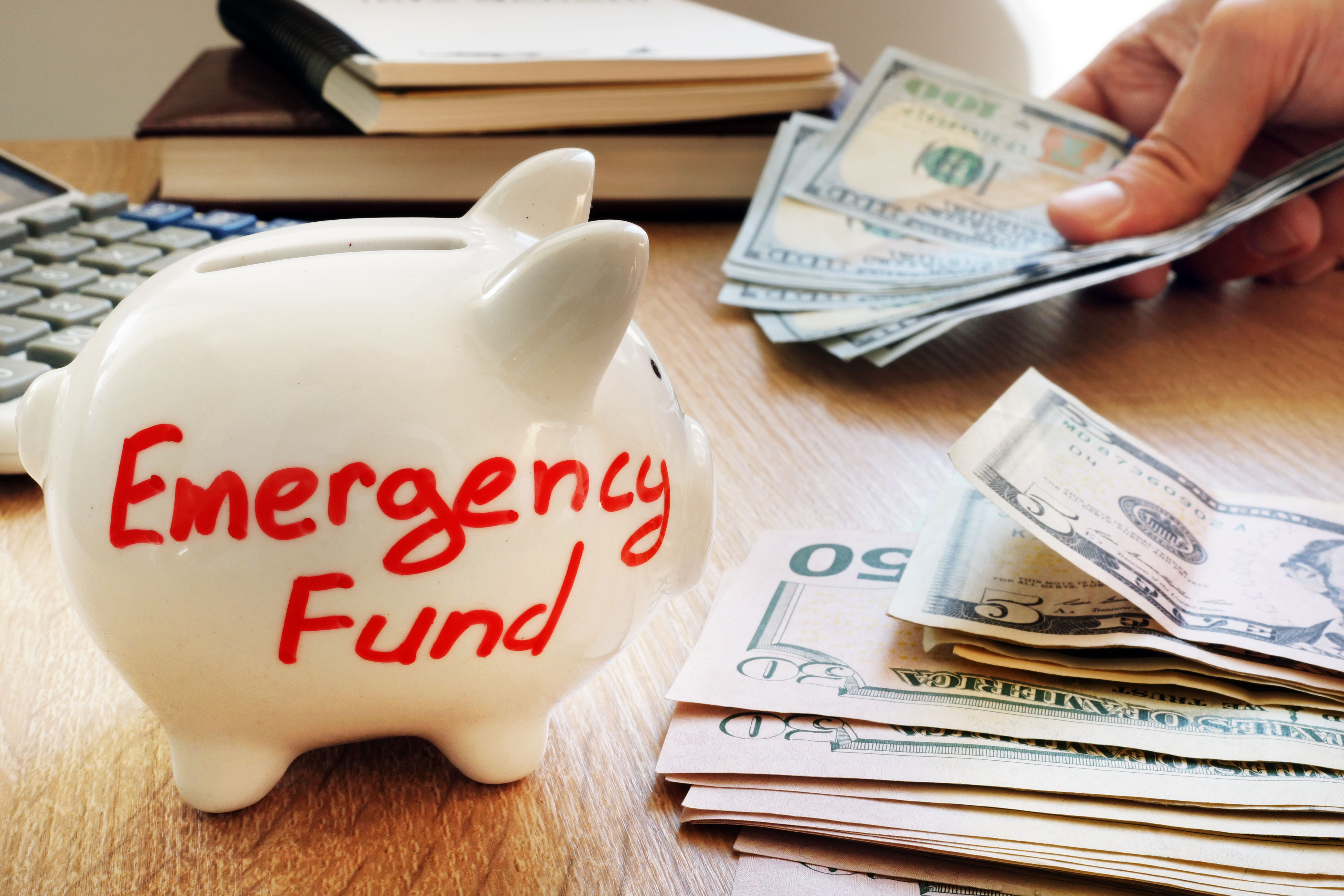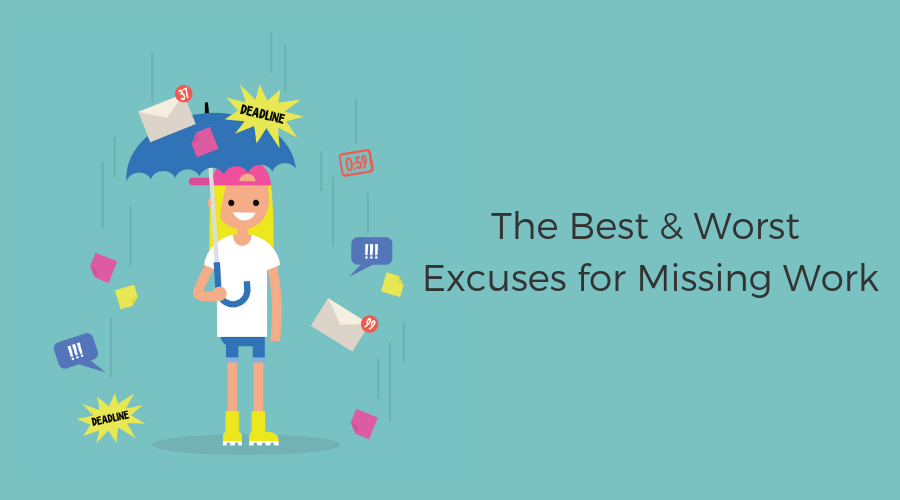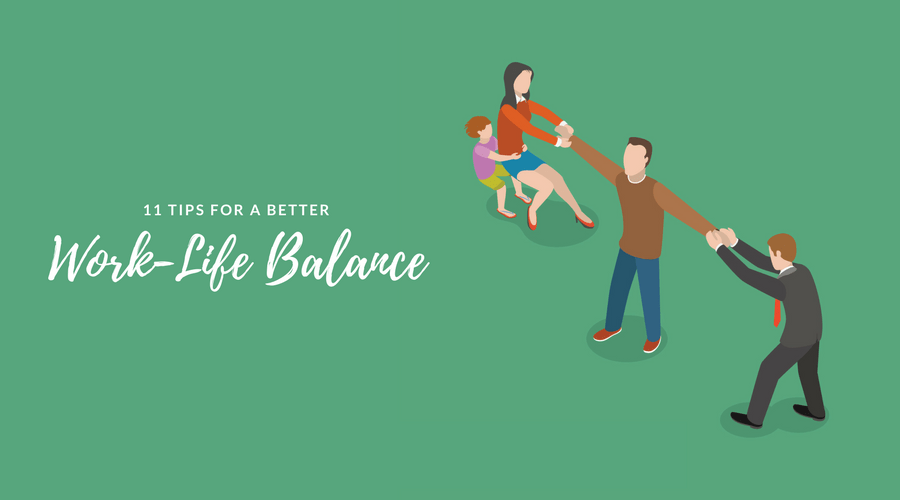Do I Need an Emergency Fund?

Yes. An emergency fund can help protect you if the unexpected happens. With an emergency fund, you won’t have to put money on a credit card, take out a loan, or borrow from your retirement fund to make ends meet or pay for the unforeseen expense.
You need an emergency fund for the following 11 reasons:
- You don’t panic if you lose your job.
- You’ll be able to cover health costs if an emergency arises.
- You’ll be able to make riskier (but more rewarding) investments with other savings.
- You can make a major purchase.
- You’ll reduce your stress.
- You’ll have a cushion for house repairs.
- You can fix car problems.
- You’ll stay out of debt or prevent yourself from going further in debt.
- Out of sight, out of mind – you won’t spend so much on a whim.
- You’ll have money in case you have to relocate.
- You’ll be prepared for anything.
Read also: 11 Ways to De-Stress After Work
Where should you save your money?
You can capitalize on your savings by keeping it in an account where it’s making more money, while still being easily accessible. In other words, try putting your money in a savings account at your bank instead of tying it up in stocks and bonds.
How much should you save?
Your emergency fund can create some peace-of-mind, so how much you save will ultimately depend on what makes you feel safe and secure.
- Good – When you’re first starting your emergency fund, aim to set aside at least three months of living expenses. So, if you need $2,500 a month for rent, utilities, and food, then work toward putting at least $7,500 in your emergency fund.
- Better – After you’ve hit the three-month mark, work toward putting six months of living expenses in your emergency fund. In the case of our example, you’d work toward saving up $15,000.
- Best – Eventually, you can try to save 12 months’ worth of living expenses (or $30,000 in this case). That way if something terrible happens – you lose your job, you have to go on extended leave due to a medical emergency, etc. – you won’t panic because you know you can get by for a year.


